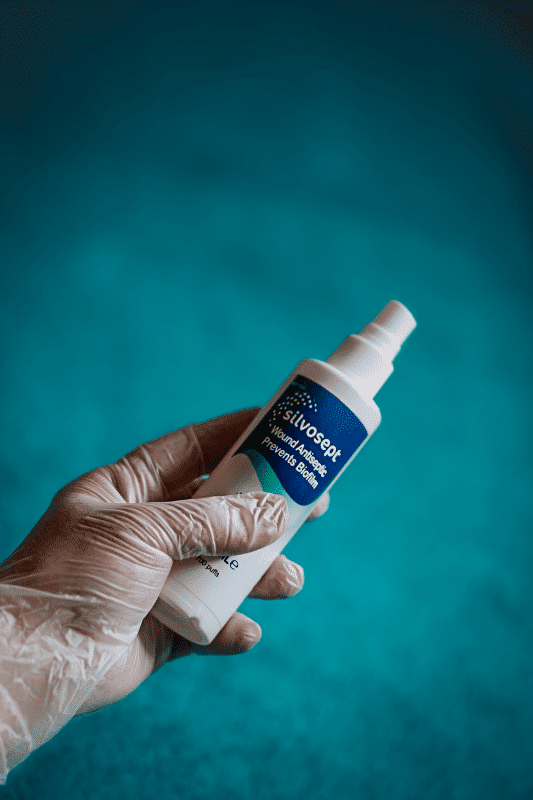Hand Hygiene: Shocking Statistics & How To Take Care of Your Hands
We’ve done the math on how many times nurses perform hand hygiene, plus some shocking facts and a few tips on how to take care of your hands as a nurse.
Our relentless research goes beyond shoes. Capsol allows us to talk all things nursing, from career advice and current news to self-care and mental health. These conversations with you, the community, and the world at large help us put our best foot forward when creating the best nursing shoes on the planet.
As Wound Ostomy and Continence Nurse Week comes upon us, we want to give a shoutout to all of our WOC nurses. Wound, ostomy, and continence can be hard subjects to manage every day.
However, you might know an amazing WOC nurse and have always wondered how to get into the specialty. So in honor of WOC Nurse Week, let’s go over what a WOC nurse does and how to become one.

A Wound Ostomy and Continence Nurse or WOC Nurse is a nurse who has training in specialty care for disorders of the gastrointestinal, integumentary, or genitourinary systems. WOC nurses provide acute and long-term care and rehabilitative services for patients with wounds, drains, pressure injuries, or continence disorders, among others.
Some of their job responsibilities include staying up-to-date in proper patient care procedures, educating their patients on how to best care for themselves, keeping everything clean to prevent infection, and documenting accurately for continuation of care.
WOC nurses serve as advocates, researchers, administrators, and educators for patients of all ages.
The typical WOC nurse works in hospital settings usually as a part of a wound care team. However, there is also a lot of positions in home health and long-term care facilities that hire WOC nurses.
Does becoming a WOC nurse sound like something you want to do? Let’s go over how to become a WOC nurse.
After completing a Bachelor’s of Nursing and obtaining an unencumbered RN license, there is some additional training needed. In order to secure a WOC position, it is recommended to take the exam for a Certified Wound Care Nurse (CWCN) certification offered through the Wound, Ostomy, and Continence Nursing Certification Board (WOCNCB).
To become a WOC nurse, certain qualities are helpful to be successful in this position. Nurses who are detail-oriented, make cleanliness their top priority, take leadership in educating their patients, and have iron stomachs would do well as a WOC nurse.
Many WOC nurse positions will not hire a nurse directly out of school. Most of them require bedside experience. If you know you want to go into WOC, it is a good idea to gain experience on a unit that frequently sees chronic wounds such as long-term care, critical care, oncology, or med-surg.
When switching positions or delving into something new, salary is always something to consider. Of course, salary will always depend on location, position, experience, and responsibility; however, the typical WOC salary is around $70,000 per year. The online reporting of the average salary is quite varied, so always check what salaries are in your area to get a better idea.

There you have it. How to become a WOC nurse. Now that you know more about what they do and how they got there, find a WOC nurse near you and thank them for what they do! And from all of us here at Capsol, we know how hard you WOC nurses work, so thank you! We appreciate you!
Do you know an amazing WOC nurse? Shout them out in the comments below!
References
Author
most recent
We’ve done the math on how many times nurses perform hand hygiene, plus some shocking facts and a few tips on how to take care of your hands as a nurse.
Celebrate Pediatric Nurses Week as we talk about what pediatric nurses do, ideas for showing appreciation, and a breakdown of how to become one. Don’t miss this!
Ever wonder, what is with nurses and coffee? I mean, why do nurses love coffee? So many of us depend on that rich, hot java to jumpstart a shift.
0 Comments